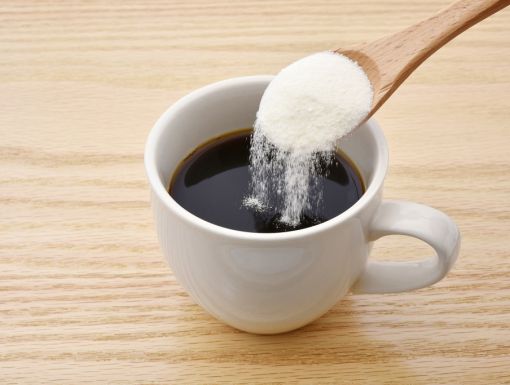
7 Popular Uses for Activated Charcoal and 3 Possible Side Effects
Activated charcoal is all the rage in the beauty and wellness industries. It is said to have countless health benefits, including the ability to improve skin elasticity, ease flatulence and bloating and release toxins from the blood.
But is this trendy ingredient all that it’s cracked up to be?
What is activated charcoal?
Activated charcoal is a fine black powder made from burning carbon-rich materials such as peat, coal, wood, coconut shells or petroleum at high temperatures. It is different from charcoal briquettes used in barbecuing. It is “activated” by being processed at high temperatures and is more porous.
Its porous texture has a negative electrical charge, which allows it to attract positively charged molecules like toxins and gases. Activated charcoal can trap chemicals in the gut, prevent their absorption and carry them out through feces.
Are there types of charcoal that are better?
Products that do not have sorbitol and other artificial sweeteners are the best, as these sugars can act as laxatives and cause severe diarrhea. Products with sorbitol should be used with a doctor’s supervision.
Are there any side effects from using charcoal products?
While taking activated charcoal, you may notice dark stools. Other side effects include diarrhea, constipation and stomach pain.
The trend truth
There are many claims regarding the benefits of activated charcoal, but there is a limited amount of scientific information validating the claims being made about its non-medical uses.
Activated charcoal doesn’t just bind toxins. It binds nutrients, too. So you should be careful not to take it with other supplements. You should also avoid taking these products with medications as they may reduce their effectiveness.
Popular uses for activated charcoal
Several products containing activated charcoal are widely available in stores and online. Here's a breakdown of what these products claim to do:
Shower gel, soap, facial cleansers, wipes, masks and shampoos
Claim: Improves elasticity, extracts impurities and clears blocked pores.
Truth: Although not considered harmful, there is very little science that shows activated charcoal is effective at extracting skin impurities. Absorption of the product is always a concern, but the possibility is very limited because the charcoal is not in its pure state. Effectiveness is also affected by other ingredients in each product.
Toothpaste and whitening powder
Claim: Absorbs plaque, bacteria and stains from teeth and gums.
Truth: Though it may have the ability to bind plaque particles, it is highly abrasive and its effect on the teeth over time has not been studied.
Tablets
Claim: Helps ease flatulence and bloating.
Truth: The evidence on this is conflicting. Older studies show a benefit, but this result is inconsistent in newer trials.
Topicals
Claim: Antibacterial and anti-inflammatory effects, reduces pain and swelling of bites and stings.
Truth: Activated charcoal has been shown to have antibacterial properties against E. coli and Staphylococcus aureus bacteria -- staph -- but only in its most granular form.
Body detox and cleanse
Claim: Attracts toxins and releases them from your body.
Truth: Activated charcoal will only bind to compounds available in the gut when you take it, which limits the ability to fully detox the body. You should always be mindful that activated charcoal can also bind to nutrients you are taking and reduce their effectiveness.
Alcohol detox and hangover prevention
Claim: Soaks up metabolites and toxins from the blood.
Truth: The few related studies that have been conducted show no difference in blood alcohol levels with or without consumption of activated charcoal. Be careful trying to use this as a hangover cure – don’t be inclined to consume excess amounts of alcohol.
Also, be mindful that you can overdose on activated charcoal.
Purify air and water
Claim: Binds solvents, pesticides, waste, harmful toxins and some fluoride into its core, leaving water and air fresh.
Truth: Charcoal has been used for water storage and purification from as early as ancient Egypt as well as by 16th century sailors. Activated charcoal filters can be used safely to filter water, but they do not remove all air pollutants. They work best against gases and odors but are not always effective in trapping dust and allergens.
The bottom line is that there simply isn’t enough scientific evidence to justify stocking your cabinets with all things activated charcoal. Just like with any other ingredient, it is important to carefully consider the ways in which you choose to use these products.
Whitney Hardy, MD, is a family medicine doctor at Ochsner Health Center - Belle Meade. Book an appointment with Dr. Hardy.


